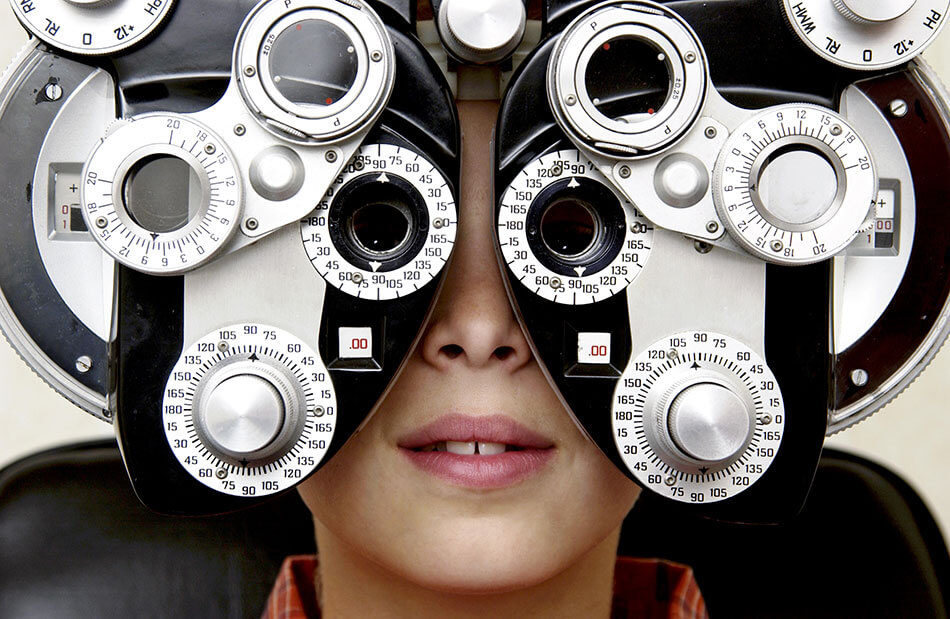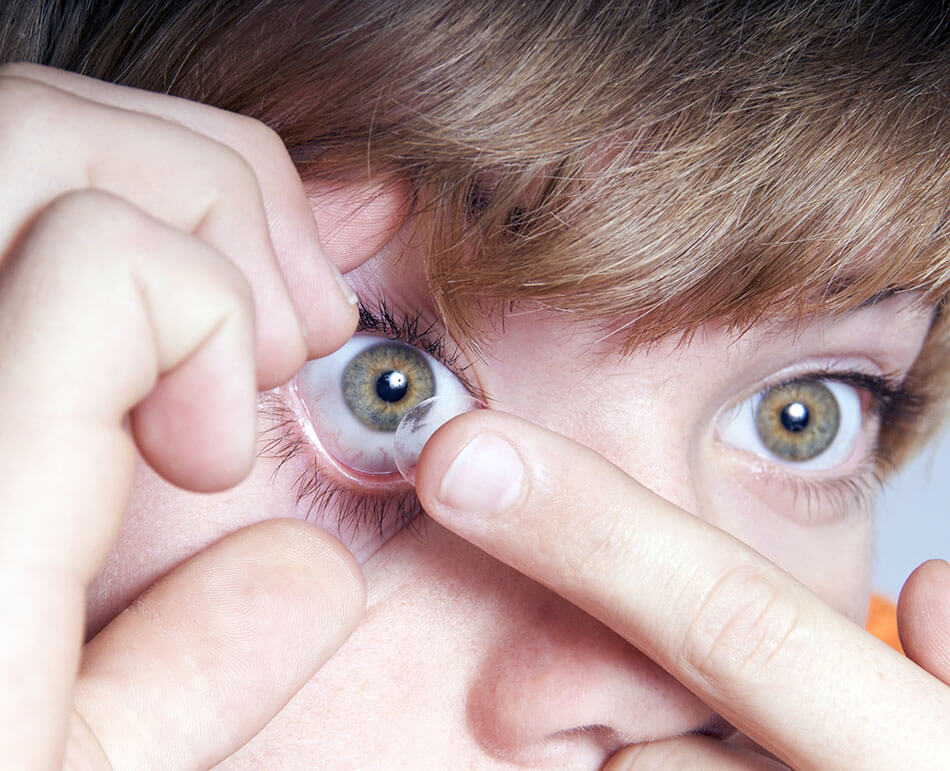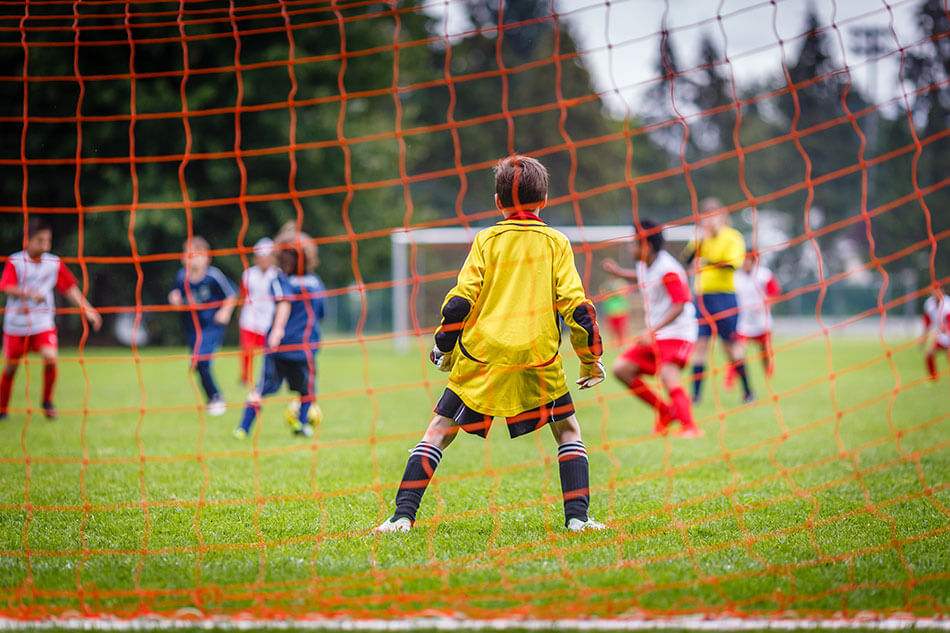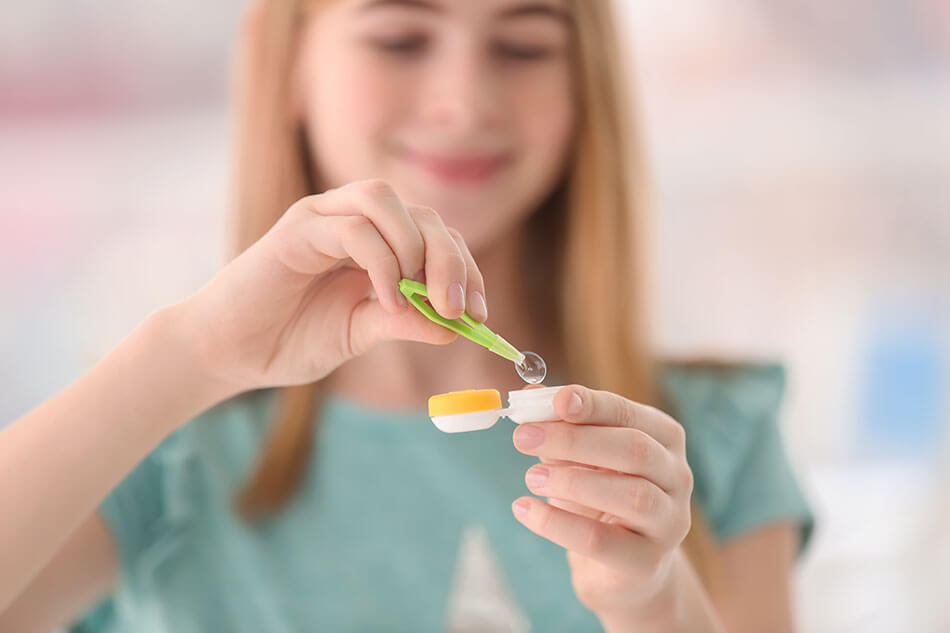What's the Right Age to Think About Contacts for Kids?

Poor eyesight is a worldwide issue. In fact, there are over 2.5 billion people in the world who do not have corrective lenses but seriously need them. This is a global matter that affects people from all walks of life. And yes, this includes kids!
Children who need corrective lenses must first have an eye exams with an optometrist or ophthalmologist. Following the exam, the doctor will know what steps to take for the child’s optimal eye health.
Should your children stick to traditional glasses or are they ready to switch to contacts for kids? Are they even old enough for contacts?
We take a look at appropriate ages and important factors regarding contact lenses for your children.
Contacts Are Great at Any Age
There are children as small as infants who wear contacts! This may sound hard to believe, but it's true. Some eye conditions require contacts for vision correction at a young age. Contact lenses can be a great way to get visual acuity, even from early childhood.
Most eyecare professionals report great results with young children using contacts. But factors such as maturity and responsibility levels are the two main reasons why your children may or may not be ready for them. It’s vital to follow proper cleaning and care instructions.
So are your kids suited and ready for contacts? Here are some points to consider before bringing them to the eye doctor for a fitting.
1. Are Your Children Responsible and Mature Enough?

A child’s responsibility and maturity levels are important to consider before making the switch to contacts. Can your children handle taking care of their eyes and lenses on a daily basis?
Taking care of contacts is a bit more complex than cleaning glasses and storing them in a case. You will need to teach your children how to do so. This will prevent scratches and tears, as well as eye infections caused by poor hygiene.
They must take special precautions each day when touching the contact lenses. It is especially important to handle them with dry, clean hands. Contacts also need proper cleaning and storing overnight in their case.
Contacts can be wonderful assets in children’s lives. They can make school work easier since your children will not have to worry about glasses anymore. Their field of vision will be at 100% without their glasses’ arms or frames in the way. But it's a responsibility that needs addressing together as a family. Talking to your children about important aspects of wearing contacts is paramount to their health.
2. Do Your Children Play Sports?

Another reason for your children to switch from glasses to contacts is sports. Playing sports while wearing glasses can be a hassle. No one wants to keep adjusting their glasses when they’re out on the field. Glasses can also get in the way of equipment, like helmets. What about constantly worrying about the glasses falling off or breaking? No child should have to deal with that!
Also, glasses are more expensive to replace once they break. An active child could go through several pairs per school year. It might be a good idea to get contact lenses for your kids to save some money. The younger the child, the easier he or she will get used to lenses.
3. How Poor Is Your Child’s Vision?
Talk to the eye doctor about your child’s visual acuity. Although age should be considered, it’s more important to focus on how well they can see and what you need to do to fix it. The doctor can answer all your questions and let you know at what age your children can start wearing contacts. If they can start wearing contacts soon, they can also have a fitting.
If glasses are the better route, hold off on switching your children over to contacts too soon. Remember, kids need to be old enough to understand what that responsibility entails. They need to know that wearing contacts is not a game and they should take cleaning and caring for them seriously.
4. Do You Wear Contacts Too?

As a parent who wears contacts, you’ll probably have better success teaching your kids about using contact lenses.
First things first! Your children need to be comfortable touching their eyeballs. Talk to them about this and try it out a few times in the mirror. Also, the perfect way to teach them is to show them. Demonstrate the process on yourself. Your children will see there’s nothing to worry about.
Go through the process from start to finish. Show them how to wash their hands, handle their contacts, and put them in. To complete the process, don’t forget to show your children how to take them out too. They will be far more comfortable with trying out contacts if they see you doing it.
The power of example will always be the strongest tool in your belt. Use it! Your children’s self-confidence will increase. And, maybe someday, they’ll thank you for it. If you don’t wear contact lenses, ask a family member or friend to mentor your child on wearing contact lenses.
Plenty of Options to Choose From

Eye doctors are increasingly prescribing contacts for children. There is now a wide range of contact lens options to choose from. With proper advice from a doctor, your kids can find the right contacts for them.
Daily disposable contact lenses are very convenient, as they eliminate some of the responsibilities. There’s no need to clean and store lenses when they’re thrown away (or recycled) at the end of each day. Weekly and monthly contacts provide clear, crisp vision, and a daily care routine will keep your child on top of their eye health.
Final Thoughts
So what is the right age to think about contacts for kids? The answer is, it depends. Although it may never be too early, it may still be the wrong time to consider it for your child. The most important thing is that your children can handle the responsibilities of caring for their own eye health.
Speak to your kids to gauge how they would adjust to wearing contact lenses. If they seem ready, consult your eye care professional for an objective opinion.
